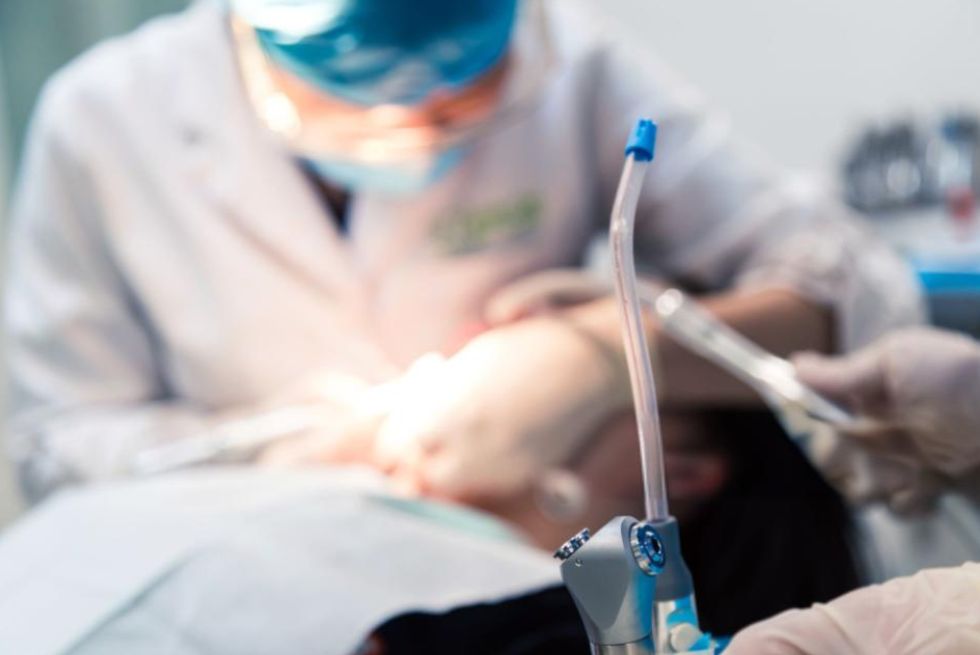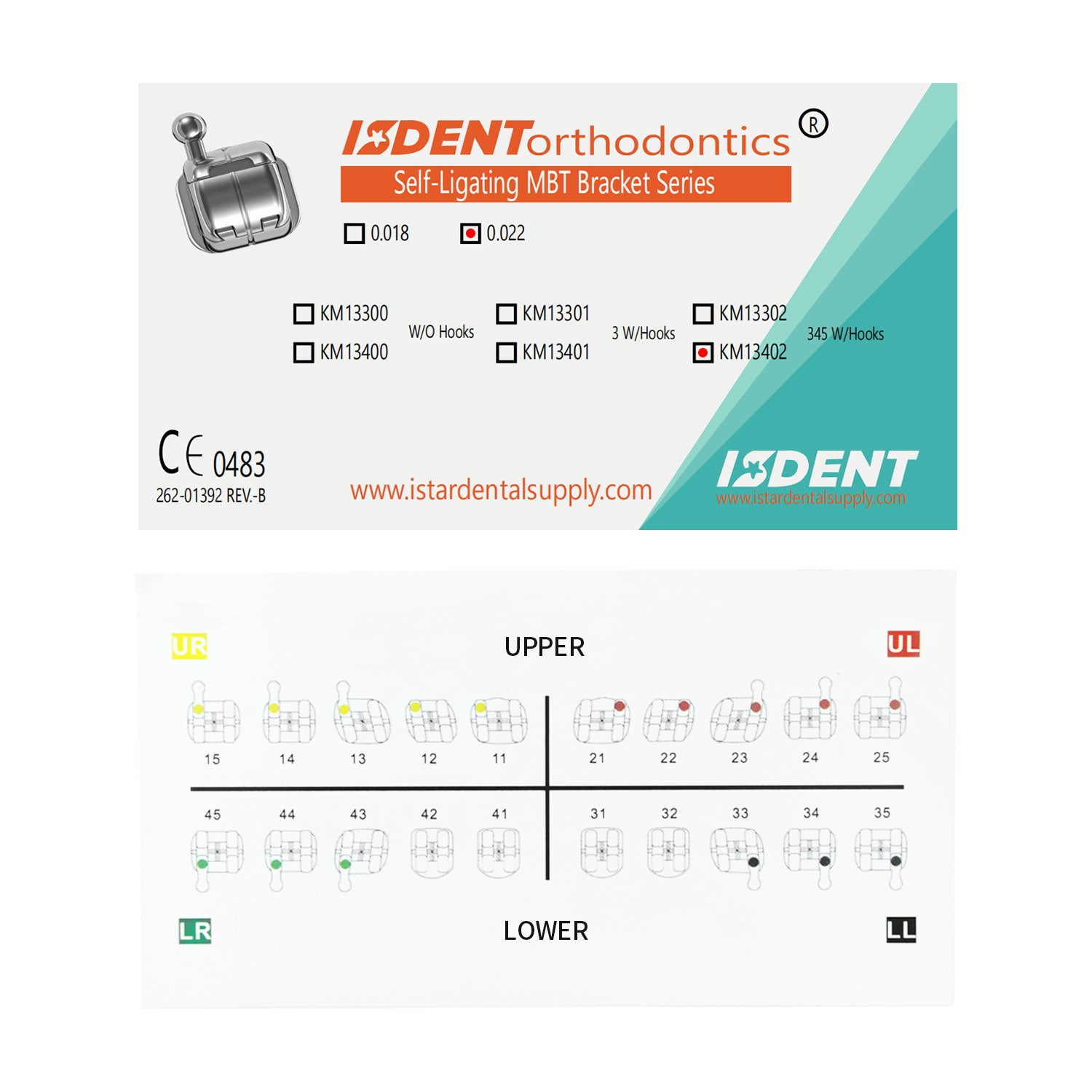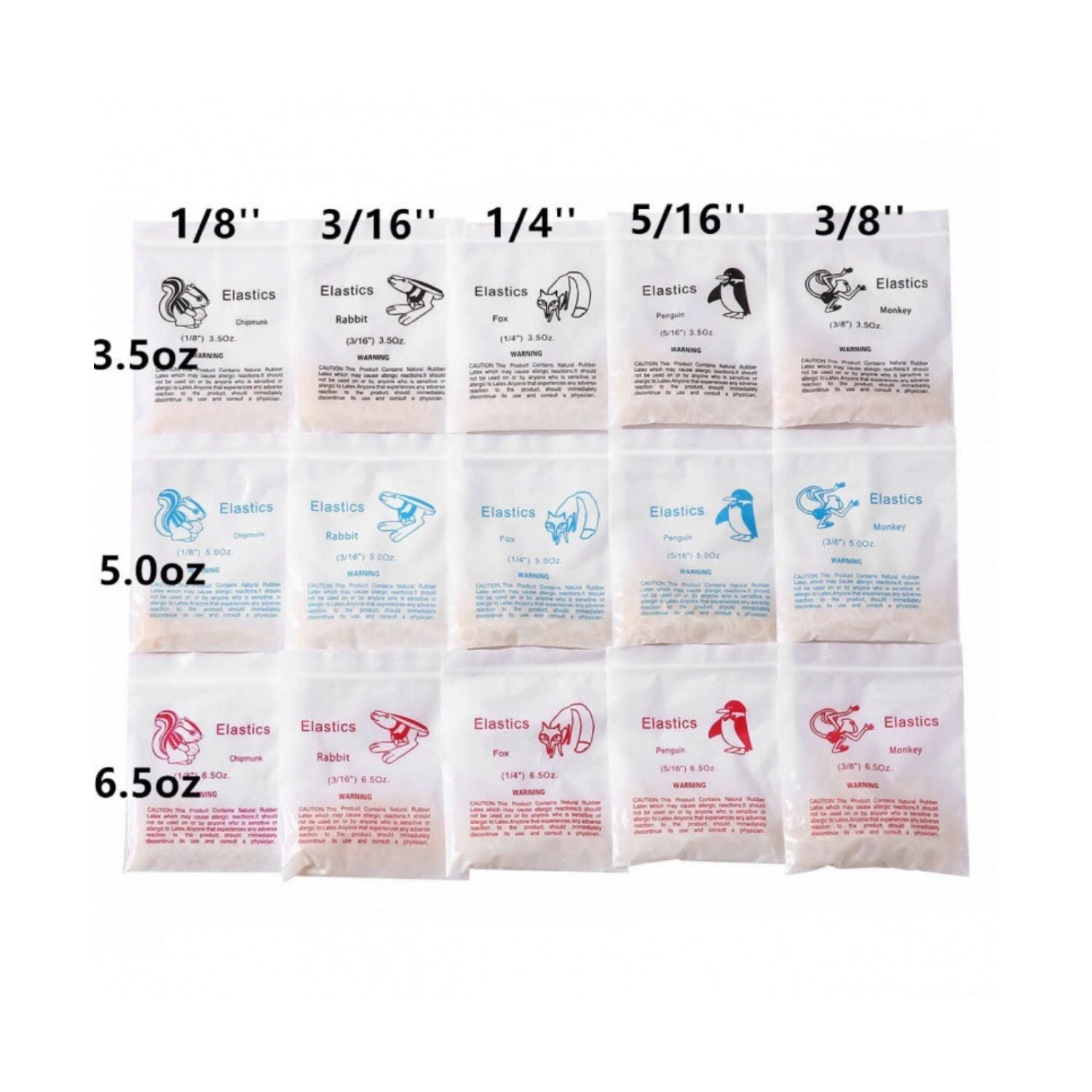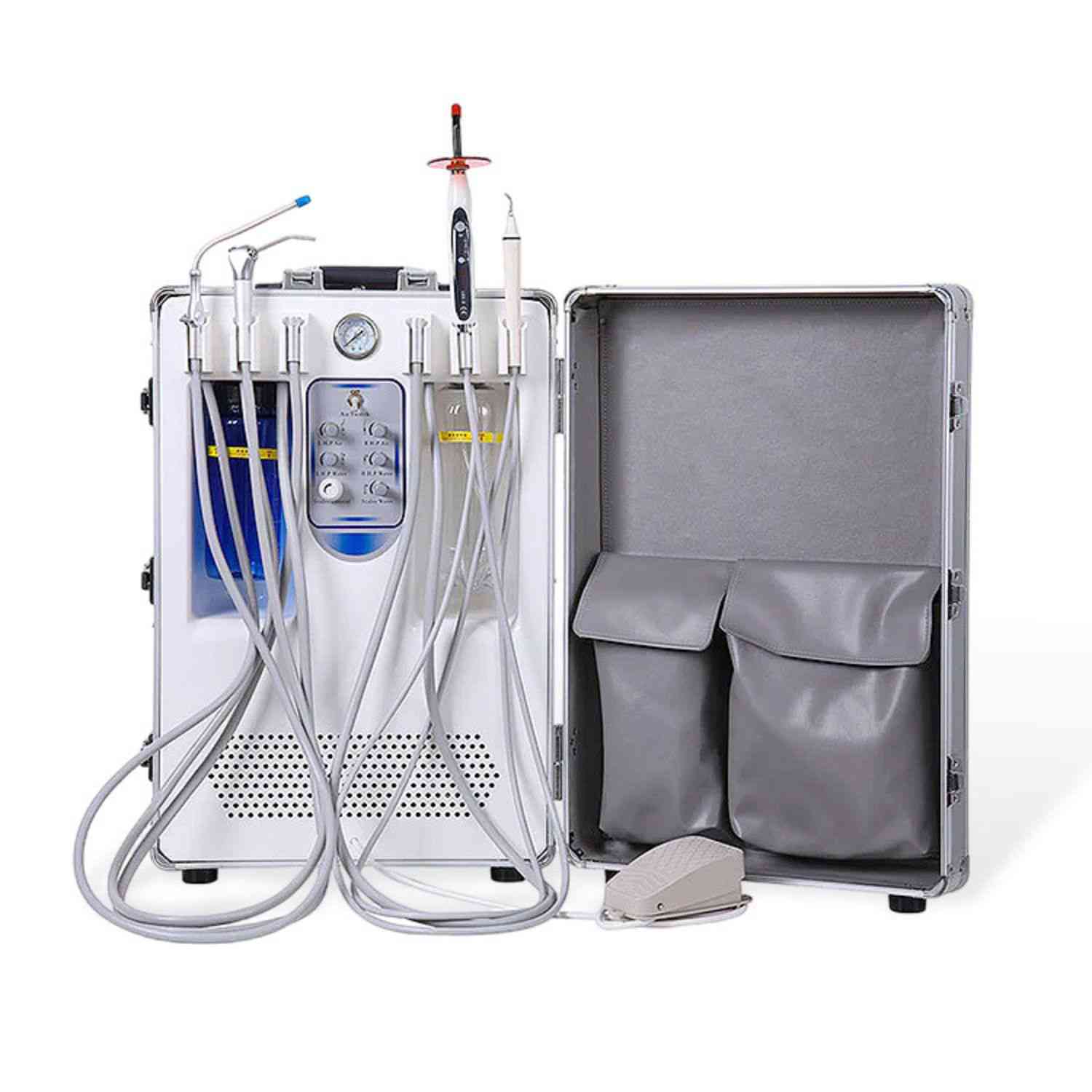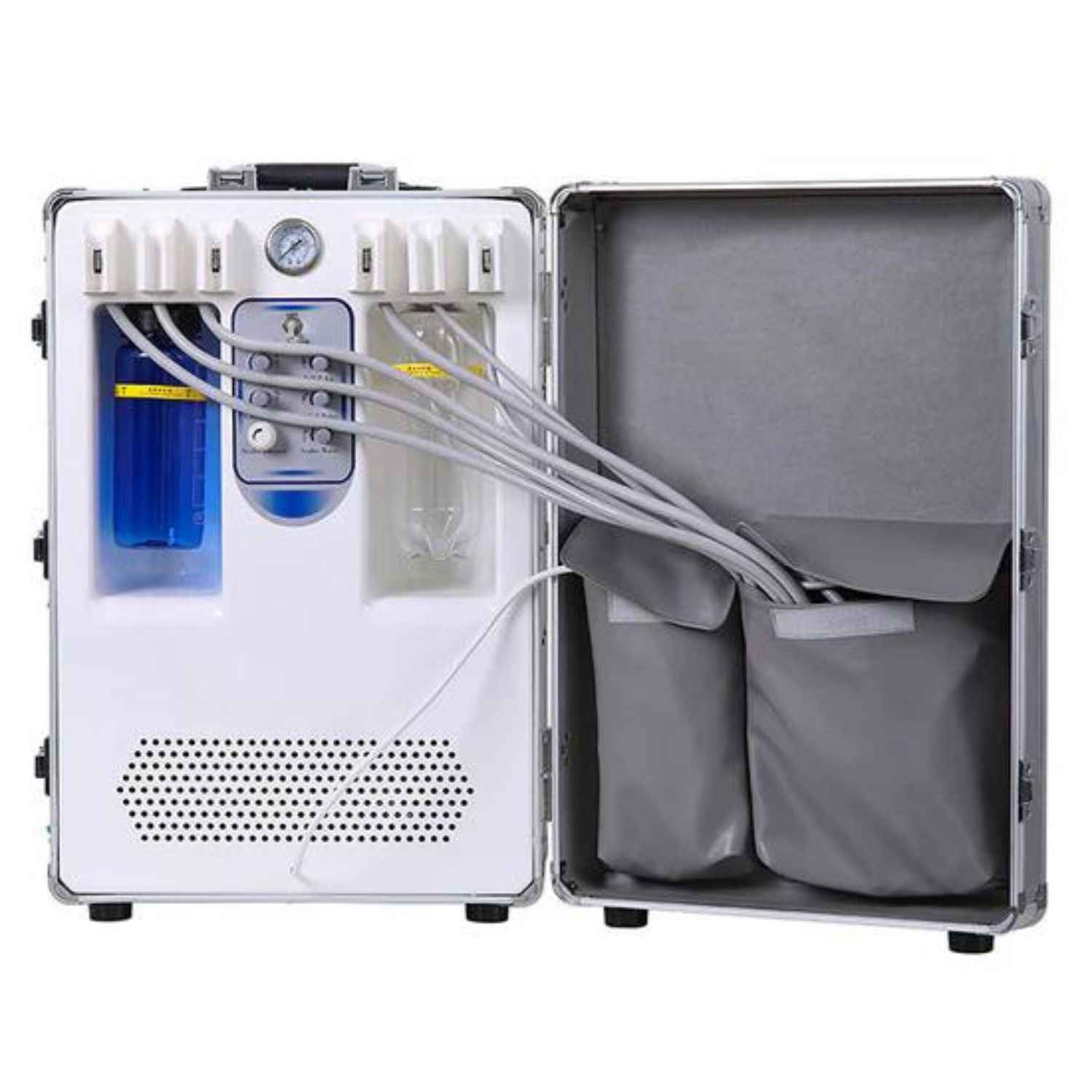HPV and Oral Cancer: Symptoms, Risks, Prevention, and Treatment
Did you know that HPV now causes more oral cancers than cervical cancers in the U.S.?
Let's learn about HPV and how it can cause cancer in your mouth and throat.
What is HPV and How Does it Cause Oral Cancer?
HPV stands for Human Papillomavirus. It is a common virus that many people get.
Most of the time, your body can fight off HPV. But sometimes, the virus stays in your body for a long time. When this happens, it can cause cells to change and grow into cancer.
HPV type 16 causes 85-90% of all HPV oral cancers. This type has special proteins that can hurt the good cells in your mouth and throat.
Who Gets HPV Oral Cancer?
Men are 4 times more likely than women to get HPV oral cancer. Most people who get it are:
-
White males
-
Between 40 and 60 years old
-
Have had many oral sex partners
Having 6 or more oral sex partners in your life makes you 8.6 times more likely to get HPV oral cancer.
The Growing Problem of HPV Oral Cancers
HPV oral cancer cases have gone up by 225% from 1988 to 2004. This is a big jump!
In the U.S., 70% of throat cancers are now caused by HPV. In some places like Sweden, it's even higher - 90% of tonsil cancers there are from HPV.
Signs to Watch For
Early signs of HPV oral cancer can be hard to spot. Your dental checkups are very important for finding problems early.
Watch for these signs:
-
Sore throat that doesn't go away
-
Pain when you swallow
-
Lumps in your neck
-
Changes in your voice
-
Pain in your ear
-
Weight loss you can't explain
Your dentist might use an intraoral camera to look closely at any spots in your mouth that don't seem right.
Finding Out If You Have HPV Oral Cancer
If your doctor thinks you might have oral cancer, they will do tests:
-
Take a small piece of the sore area to test
-
Check for HPV DNA
-
Use special pictures to see if the cancer has spread
Treatment Options
The good news is that HPV oral cancers often respond better to treatment than other oral cancers.
Treatment might include:
-
Surgery to remove the cancer
-
Radiation to kill cancer cells
-
Chemotherapy drugs
People with HPV oral cancer have much better survival rates. About 80-90% of people with HPV+ oral cancer live at least 5 years after diagnosis. For oral cancers not caused by HPV, only 40-60% of people live that long.
Risk Factors You Can Control
You can lower your risk of HPV oral cancer by:
-
Getting the HPV vaccine
-
Limiting oral sex partners
-
Not smoking
-
Drinking less alcohol
Smoking makes HPV oral cancer even more dangerous. Smokers with HPV oral cancer have 50% lower survival rates than non-smokers with the same cancer.
The HPV Vaccine Works!
The HPV vaccine (called Gardasil-9) can prevent 88% of oral HPV infections. This is very good news!
The vaccine works best when given to kids before they become sexually active, usually between 9-12 years old.
HPV Oral Cancer Around the World
Different parts of the world have different rates of HPV oral cancer:
|
Country |
HPV Oral Cancer Rate |
Main Cause |
|
United States |
70% of throat cancers |
HPV |
|
Sweden |
90% of tonsil cancers |
HPV |
|
India |
20-30% of oral cancers |
Tobacco |
Prevention: The Best Medicine
Regular dental exams are very important. Your dentist can spot problems early when they are easier to treat.
Here's how to stay safe:
-
Get the HPV vaccine if you're eligible
-
See your dentist regularly
-
Quit smoking
-
Limit oral sex partners
-
Cut down on alcohol
Questions People Often Ask
Can HPV oral cancer be cured?
Yes! Most HPV oral cancers can be cured, especially when found early. The 80-90% five-year survival rate for HPV oral cancer is much better than for other types of oral cancer.
Is oral HPV contagious?
Yes. HPV spreads through close contact, including kissing and oral sex. Most people's bodies can fight off the virus, but sometimes it stays and can cause cancer years later.
Does the HPV vaccine prevent oral cancer?
The HPV vaccine can stop 88% of oral HPV infections. [PMC8552291] Since these infections can lead to cancer, the vaccine helps prevent oral cancer too.
How common is HPV throat cancer?
HPV throat cancer has become very common. In the U.S., 70% of all oropharyngeal cancers (cancers in the throat, tonsils, and base of the tongue) are now caused by HPV.
The Role of Dentists in Spotting Oral Cancer Early
Dentists are often the first to find signs of oral cancer. During checkups, they look at all parts of your mouth for anything unusual.
Modern dental equipment helps dentists see problems early. Special lights and tools can show areas that might be cancer even before you notice any symptoms.
What Happens During an Oral Cancer Screening
When your dentist checks for oral cancer, they will:
-
Look at your lips, gums, tongue, and throat
-
Feel for lumps in your mouth and neck
-
Ask about any pain or problems you've had
-
Use special lights to see any spots that might be cancer
Take Action Now
-
Talk to your doctor about the HPV vaccine
-
Schedule a dental checkup
-
Know the signs of oral cancer
-
Make healthy lifestyle choices
Resources for More Help
If you want to learn more about HPV oral cancer, check out these helpful places:
-
CDC HPV Fact Sheet
-
Oral Cancer Foundation
-
Your dentist or doctor
Conclusion
HPV oral cancer is now very common, but there's good news. You can lower your risk by getting the HPV vaccine and seeing your dentist regularly.
If you do get HPV oral cancer, remember that it often responds better to treatment than other kinds of oral cancer.
Take care of your health by knowing the signs, getting regular checkups, and making healthy choices. Your mouth and throat health is an important part of your overall well-being!
Remember to talk to your dentist at your next dental check-up about any concerns you have about HPV and oral cancer.

